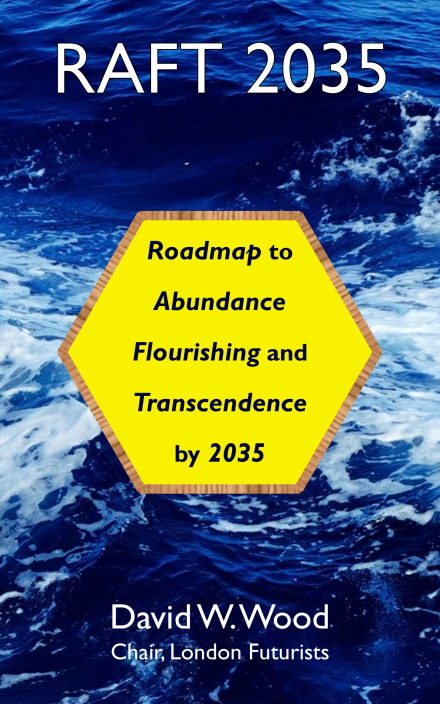An extract from Chapter 5 of the book Transcending Politics:
5. Surveillance and security
Connectivity has its advantages. Consider the needs of hard-pressed parents, who must periodically break away from other tasks to check how well their baby is sleeping. Remote baby monitors, plugged into domestic networks, can cut these parents some slack, by guaranteeing to alert them if their child wakes unexpectedly. Other systems, using small sensors in a “smart sock” worn by the baby, can provide additional assurance about the baby’s heart rate and blood oxygen level. This can reduce anxiety about sudden cot death. The vendor’s website explains, “More data, less worry: 83% of parents report having better sleep while using the Smart Sock on their baby”.
What’s not to like about this innovative use of connected technology? Alas, some baby monitors unwittingly provide the means for outsiders to spy on the children, and even to speak to them. Commissioner Julie Menin of the New York Department of Consumer Affairs issued a stark public warning in early 2016:
Video monitors are intended to give parents peace of mind when they are away from their children but the reality is quite terrifying – if they aren’t secure, they can provide easy access for predators to watch and even speak to our children. There have been numerous reports by consumers, including those here in New York City, that these video monitors have subjected them to unwanted intrusions into the most private of spaces: their own homes. Internet-connected devices like video monitors provide convenience, but without proper safeguards, they pose serious privacy risks. We encourage parents to take steps to make sure their devices are secure and call on manufacturers to make security a top priority.
As we’ll see in this chapter, the problems of insecure baby monitors are echoed in an avalanche of similar examples from the fields of smart cars and smart homes as well as smart healthcare. It turns out that connectivity is a two-edged sword.
The perils of connectivity
Let’s reflect on the predicament experienced by more than 100 car owners in Austin, Texas, as a result of the actions of a disgruntled former employee of used car retail firm Texas Auto Center…

